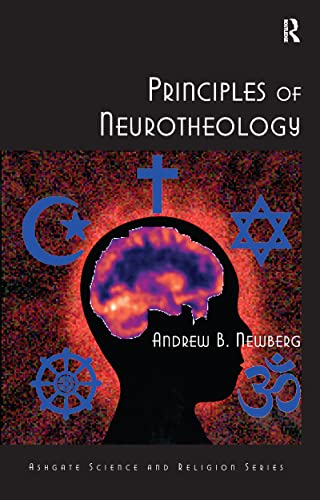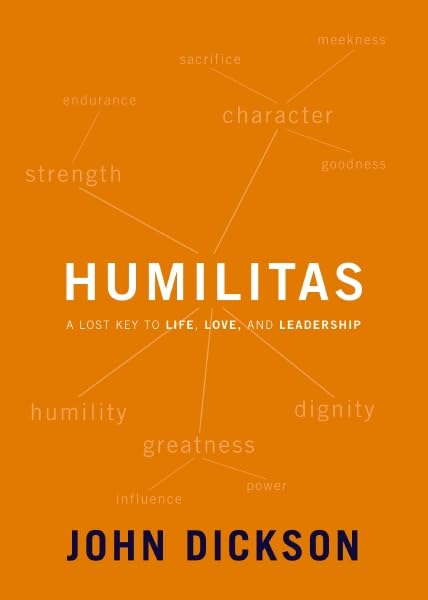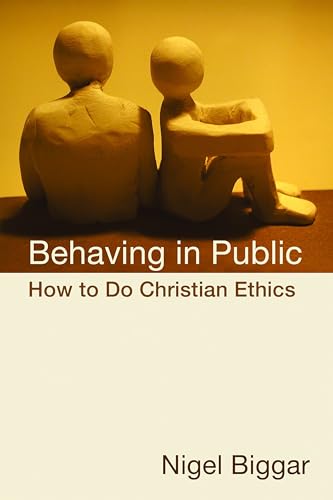Help to Zion’s Travellers
Written by Robert Hall Reviewed By Steve WeaverAlthough William Carey is most widely known today, several other Baptist pastors were also influential in the early stages of the modern missionary movement. A host of men such as Andrew Fuller, John Sutcliff, Robert Hall Jr., John Ryland Jr., and Samuel Pearce each contributed to the fledgling Baptist Missionary Society (BMS). All of these men, however, looked to one man with admiration: Robert Hall Sr. In his introductory essay, Nathan Finn argues that Hall was an important influence upon the younger generation of ministers in Northamptonshire who were the actual founders of the BMS. Hall influenced these men by his personal encouragement, preaching, and leadership within the Northamptonshire Association. But above all, it was his exposition of an Edwardsean evangelical Calvinism in Help to Zion's Travellers that made a lasting impact upon those who launched the modern missionary movement.
Andrew Fuller's Gospel Worthy of All Acceptation is often credited as the pipeline that brought the evangelical Calvinism of the New England Puritan divine Jonathan Edwards into the mainstream of British Baptist life. Finn, however, reminds us that it was actually Hall who introduced Edward's The Freedom of the Will to Fuller. It was Fuller's utilization of Edwards's distinction between moral and natural ability in The Freedom of the Will that was foundational to his Gospel Worthy of All Acceptation, which in turn directly fueled the missionary movement. Thus, Hall's Help to Zion's Travellers was actually the first entrée of Edwardsean thought into eighteenth-century Baptist life.
We are deeply indebted to Finn for introducing a new generation to Hall and his classic work Help to Zion's Travellers (originally published in 1781). Hall's contributions to the explosion of global missions in the past two centuries deserve to be remembered. This edition is a worthy memorial to a worthy man, but it is much more. The introductory essay alone is worth the book's price as it clearly and succinctly sets both the historical and theological context of eighteenth-century Baptist life that led to the rise ofthe modern missionary movement. The relatively unknown Hall is rightly demonstrated as a key influence on the more famous men in the pantheon of early Baptist missions.
But even more importantly, the text of Help to Zion's Travellers is a timeless exposition of evangelical Calvinism. Originally a sermon based on Isa 57:14, Help to Zion's Travellers was expanded into book form in order to, as the subtitle indicates, “Remove Various Stumbling Blocks out of the Way, Relating to Doctrinal, Experimental [i.e., Experiential] and Practical Religion.”These three major areas of potential stumbling form the structure of the work. Hall addresses doctrinal difficulties in Part I, experimental difficulties in Part II, and practical difficulties in Part III. His approach highlights his desire to strip away the difficulties brought on by certain accretions to historic Calvinism. In the words of Hall Jr., his father's purpose was “to disengage it [Calvinism] from certain excrescences, which he considered as weakening its evidence and impairing its beauty” (p. xxxii). The difficulties, thus, were not inherent in Calvinism itself, but rather in the “certain excrescences” of the High Calvinists of Hall's day that had grown like warts on the face of Calvinism proper. In Help to Zion's Travellers,Hall utilizes the scalpel of Scripture with surgical precision and restores the previously distorted beauty of Calvinism.
Hall begins in Part I by expounding certain doctrines of the Christian faith that have proven to be a stumbling block to some. Among these are the deity of Christ, the love of God, election, union with Christ, and the atonement. For each of these doctrines, specific objections are answered, either to their truthfulness or common misunderstandings. In Part II, Hall addresses experimental difficulties for “Zion's travellers” including the new birth, indwelling sin, and views of providence. Most significant, perhaps, is the break with the High Calvinism of his day as seen in the chapter “A Sinner's Warrant to Apply to Christ,”where Hall asserts the right and responsibility of all sinners to believe on the Lord Jesus Christ. Compelling sinners to examine themselves before trusting Christ is “injudicious,” according to Hall (p. 119). The High Calvinists had used this exact teaching to free themselves from the responsibility of calling sinners to faith in Christ unless there was some evidence that the Spirit of God was already at work within them. Hall rejects this teaching as unbiblical.
In the final section of Help to Zion's Travellers (Part III), Hall treats such practical difficulties as the sins of professors, the enmity of the world, and the errors of false religionists. It is in the final chapter that Hall levels his most devastating attack upon the High Calvinism of his day. Utilizing Edwards' distinction between natural and moral ability/inability, Hall is able to provide relief to those plagued by the idea that God would hold men morally accountable for what they were physically unable to perform. Hall specifically refers to this error when he says that, according to this view, “God might as justly punish slowly moving animals for deficiency in swiftness, and those for not flying who have now wings, . . . as to punish men for not doing what they cannot possibly accomplish” (p. 228). Hall then expounds upon the “distinction between natural and moral inability” as the solution for the apparent injustice of God in the doctrine of the High Calvinists (pp. 229-60). Maintaining this distinction, Hall believes, demonstrates the equity of God's judgment (pp. 254-55), the necessity of the work of the Holy Spirit (p. 255), the infinitely great and absolutely free nature of sovereign grace (pp. 255-56), the consistency of the biblical commands to repentance and faith (pp. 256-57), and the comfort available to seeking souls and genuine believers (pp. 257-58).
Given the content of the introduction and the book itself, this new edition of Help to Zion's Travellers is a welcome publication for both historical and theological reasons. First, from a historical perspective this workrestores Robert Hall Sr. to a rightful position of prominence and influence among the group of Northamptonshire Association pastors who initiated the Baptist Missionary Society. Hall is clearly demonstrated to be the first conduit of Edwardsean thought into the community of Baptists who formed the Baptist Missionary Society. But this modern edition also serves as a theological reminder that pure Evangelical Calvinism is no hindrance to the task of missions. In fact, at its best it is the fuel for the primary mission of the church. Nevertheless, wherever true Calvinism exists, the threat of High Calvinism remains ever present. Therefore, those who espouse Calvinism must remain vigilant, always ready to excise any deformity that would hinder the free and faithful proclamation of the gospel to all without distinction.
Steve Weaver
Steve Weaver
The Andrew Fuller Center for Baptist Studies
Louisville, Kentucky, USA
Other Articles in this Issue
Evaluating a new English translation of the Bible can be extremely difficult...
In the November 2009 edition of Themelios, Dane C...
Jonathan Edwards (1703-1758) is remembered today as a saint, scholar, preacher, pastor, metaphysician, revival leader, theologian, Calvinist—the list goes on...
Almost two decades ago I wrote an essay titled " When Is Spirituality Spiritual? Reflections on Some Problems of Definition ...
He was the youngest son of elderly parents. His childhood was secluded and unhappy, which might in some measure account for his lifelong melancholy...







